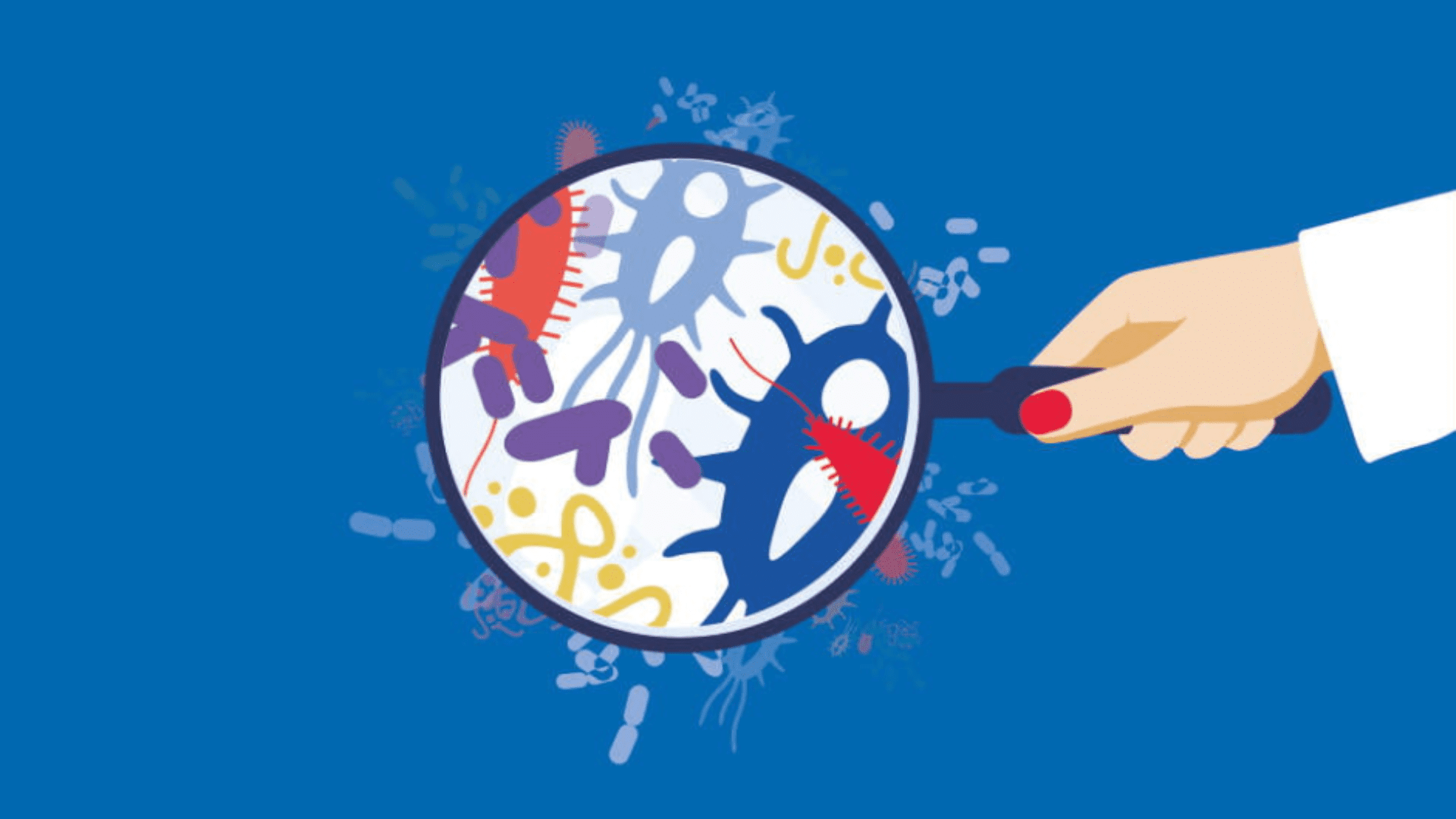
How Advancements in Microbiome Sciences Can Have Macro Benefit to Medicine
In celebration of World Microbiome Day we are highlighting how some advancements in microbiome sciences can have a big impact on the field of medicine.
June 26, 2024
| BioBuzz has been connecting the life science workforce since 2009. We’ve built an expansive community in the Mid-Atlantic with a national readership that spans from Massachusettes to Florida, and New York to California. For our next chapter, we’re building a proprietary talent logistics model to help employers source and hire life science talent. Learn more. |
While the microbiome drug industry is still in its infancy, the advances in technologies such as Next-Generation Sequencing (NGS), digital PCR (dPCR), and quantitative PCR (qPCR) are enabling researches to advance the field of microbiome sciences faster than ever before.
In a recent collaboration between QIAGEN and Penn State, researchers like Seth Bordenstein have joined forces to help enable further advancements in our understanding of the microbiome and potential impact on therapeutics and human health. In January 2024, QIAGEN announced a first-in-kind collaboration to create a shared research and education facility for the fast-developing microbiome sciences located at the One Health Microbiome Center (OHMC) at Penn State’s Huck Institutes of the Life Sciences.
The university-industry partnership aims to lead the way in microbiome research by exploring opportunities that address the existing challenges and knowledge gaps in this field. This collaboration will focus on the study of diverse microbial communities, which coexist in various environments, including the human body, and work to advance our understanding and applications of microbiome science. It also provides QIAGEN with an innovation center to develop and test new products and even provide internships to emerging researchers interested in the field.
Advancing Microbiome Sciences
The progress in microbiome science and product development faces several challenges. Different methods used in studies make it hard to compare results and draw clear conclusions. It’s crucial to standardize how we collect, process, and analyze samples to ensure accurate and reliable results across various populations. Additionally, analyzing data is tricky, especially when trying to identify real biological signals from noise in samples with low microbial content. We need advanced computational methods and bioinformatics tools to handle the complexity and large amount of microbiome data.
Understanding how specific microbes or communities of microbes affect human health is another big challenge. We need to move from just describing associations to understanding cause-and-effect relationships and how microbes interact with their hosts and environment. Applying these findings to clinical use involves developing effective diagnostics, treatments, and interventions while dealing with regulatory hurdles. Ensuring scalability and consistent manufacturing for live microbial products and other microbiome-based interventions is also challenging. Furthermore, addressing the high variability in microbiome composition between individuals and understanding environmental impacts on microbiome dynamics are crucial for creating effective interventions.
QIAGEN is at the forefront of addressing these challenges with their comprehensive suite of microbiome research tools, including sample preparation kits optimized for both environmental and human microbiome samples. To enhance reproducibility, QIAGEN offers automated sample preparation systems that provide standardized and reliable results. Their advanced downstream processing technologies, including Next-Generation Sequencing (NGS), digital PCR (dPCR), and quantitative PCR (qPCR), are complemented by powerful bioinformatics tools, enabling seamless digital analysis and comprehensive data interpretation.
Additionally, QIAGEN recently launched the QIAstat-Dx Gastrointestinal Panel 2 in the United States, following FDA clearance in June 2024. This innovative panel rapidly identifies up to 16 clinically relevant pathogens causing gastrointestinal infections within about an hour, significantly improving the accuracy and efficiency of GI infection diagnosis compared to traditional methods. This technology showcases QIAGEN’s commitment to advancing microbiome research and clinical applications through innovative solutions.
This commitment to providing robust, standardized, and reliable microbiome research tools helps advance the field and overcome key challenges in microbiome science.
The Macro Benefits of Microbiome Therapies
As the field is rapidly evolving with our understanding of the microbiome’s role in health and disease, partnerships such as this hope to spur a wave of new potential applications and medicines.
Microbiome-based drugs are being explored for a wide range of applications, including:
- Gastrointestinal disorders (e.g., IBD, IBS)
- Metabolic diseases (e.g., obesity, diabetes)
- Neurological conditions (e.g., autism, depression)
- Cancer treatment (e.g., enhancing the efficacy of immunotherapy)
- Infectious diseases (e.g., Clostridioides difficile infection)
Microbiome-based therapies offer an alternative approach to treating a wide range of health conditions. Unlike conventional treatments that often target specific symptoms, microbiome therapies work by restoring the natural balance of microbial communities within the body. This targeted approach not only addresses the root causes of diseases by leveraging the body’s own microbial ecosystem resulting in potentially fewer side effects compared to traditional pharmaceuticals.
The personalization potential of microbiome-based therapies is another compelling advantage. As research deepens our understanding of individual microbiome variations, treatments can be tailored to each person’s unique microbial composition, enhancing efficacy and reducing the risk of adverse reactions. Furthermore, microbiome therapies often provide long-term benefits by addressing underlying microbial imbalances, potentially reducing the need for continuous treatment. Their non-invasive nature, with options like oral probiotics and prebiotics, makes them an accessible and patient-friendly choice, and they can also synergistically enhance the effects of other treatments, including cancer immunotherapy.
As we celebrate World Microbiome Day it’s a great opportunity to reflect on how far the field has come, and also how far it still has to go with the support of committed players like QIAGEN and Penn State, as well as the many other devoted researchers and organizations focused on this field.
- About the Author
- Latest Posts
BioBuzz is a community led, experience focused, biotech and life sciences media and events company. BioBuzz highlights regional breaking news, industry professionals, jobs, events, and resources for business and career growth. Their weekly newsletter is subscribed to by thousands in the BioHealth Capital Region and Greater Philadelphia as the go-to for industry updates.








